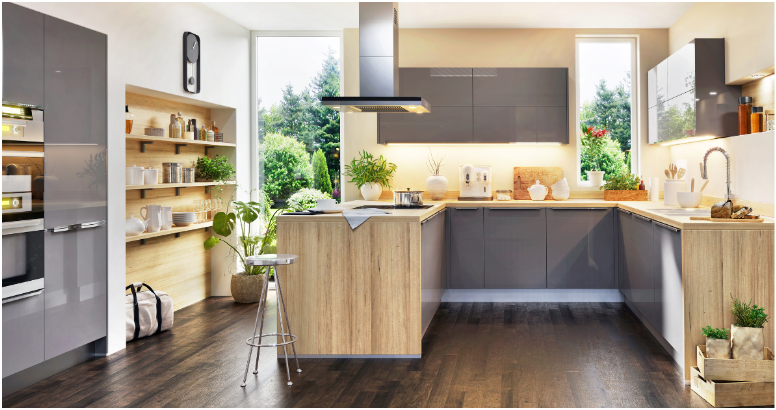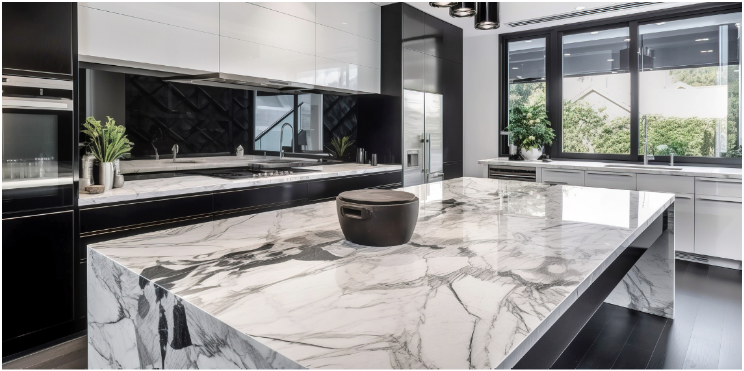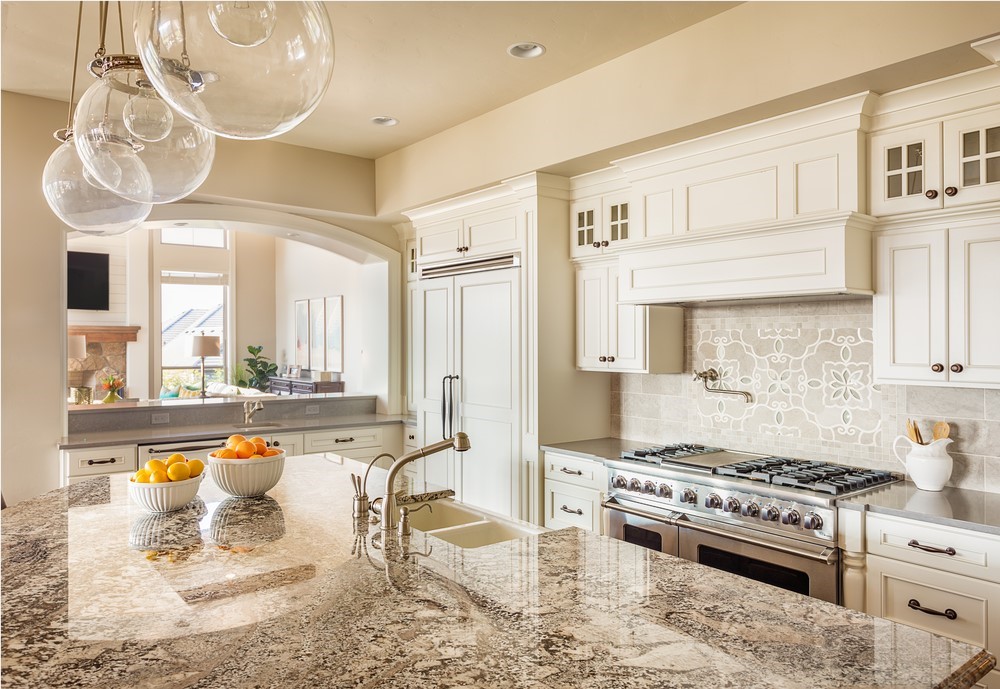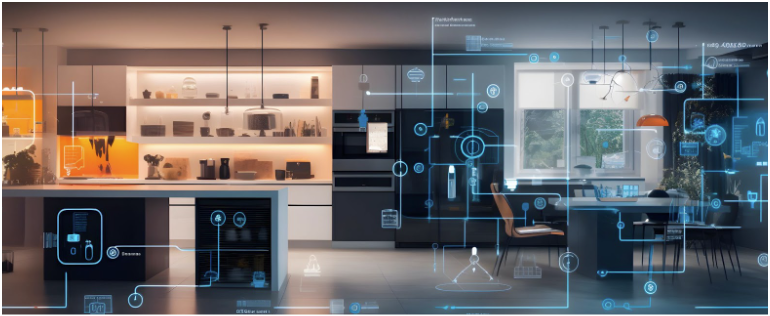
Remodeling a kitchen can be an exciting yet daunting endeavor. It's a project that can breathe new life into your home, increase its value, and enhance your daily living experience. However, before diving headfirst into a kitchen renovation, there are several crucial things I wish I had known. These insights could have saved me time, money, and a few headaches along the way. In this blog post, I'll share my experiences and tips to help you embark on your kitchen remodeling journey well-prepared.
1. Establish a Clear Budget
One of the most important things to consider before remodeling your kitchen is setting a realistic budget. Determine how much you are willing to invest in the project and try to stick to it. Remember that kitchen renovations often come with unexpected costs, so it's a good idea to set aside a contingency fund for unforeseen expenses. By defining your budget early on, you can make informed decisions about materials, appliances, and design choices without breaking the bank.
2. Plan Your Layout Carefully
The kitchen layout is the backbone of your renovation project. Before you start knocking down walls or moving plumbing and electrical fixtures, carefully plan the layout. Consider the work triangle, which connects the stove, sink, and refrigerator, and ensure that it's efficient for your cooking style. Think about the placement of cabinets, countertops, and appliances to create a functional and aesthetically pleasing space. It's crucial to get this right from the beginning, as changing the layout later can be expensive and time-consuming.
3. Research Your Appliances
Selecting the right appliances for your kitchen is a significant decision. I wish I had spent more time researching appliances before making my choices. Consider factors like energy efficiency, size, style, and features. Modern appliances often come with advanced technology that can make cooking and cleaning more convenient. Additionally, don't forget to measure your space accurately to ensure that your chosen appliances will fit seamlessly into your new kitchen.
4. Prioritize Storage Solutions
Storage is a critical aspect of kitchen design that is often underestimated. Before remodeling, take stock of your kitchen items and plan for ample storage space. Consider pull-out shelves, deep drawers, and pantry cabinets to keep your kitchen organized and clutter-free. Don't forget about creative storage solutions like corner cabinets with lazy Susans or pull-out spice racks. Adequate storage can make a world of difference in your daily cooking routine.
5. Choose Materials Wisely
The materials you choose for your kitchen renovation can significantly impact the overall look, feel, and longevity of the space. I wish I had known how important it is to select durable materials that can withstand the wear and tear of daily use. Consider the durability of countertops, backsplashes, and flooring materials. Additionally, think about the maintenance requirements of different materials, as some may require more care than others. Investing in high-quality materials upfront can save you money on repairs and replacements in the long run.
6. Don't Forget About Lighting
Proper lighting is often overlooked in kitchen renovations. I learned that lighting can make or break the atmosphere of the space. Consider a combination of task lighting, ambient lighting, and decorative lighting to create a well-lit and inviting kitchen. Under-cabinet lighting can enhance workspace visibility, while pendant lights or chandeliers can add a touch of elegance. Don't forget to include dimmer switches to adjust the lighting to your needs.
7. Hire the Right Professionals
While some homeowners may attempt DIY kitchen renovations, I recommend hiring professionals, especially for complex tasks like plumbing, electrical work, and cabinetry installation. Finding reputable contractors and designers can make a significant difference in the outcome of your project. Take the time to research and interview potential professionals, check their references, and ask for detailed quotes. Working with experienced experts can ensure that your kitchen renovation is completed to your satisfaction.
8. Plan for a Temporary Kitchen
During the renovation process, your kitchen may be out of commission for an extended period. I wish I had prepared better for this inconvenience. Consider setting up a temporary kitchen in another area of your home with essential appliances like a microwave, toaster oven, and a small refrigerator. This will help you continue preparing meals while your kitchen is under construction.
9. Be Prepared for Delays
Kitchen renovations rarely go exactly as planned, and delays are common. I wish I had known to expect some hiccups along the way. Factors like weather, material availability, and unexpected issues can push back your project timeline. It's essential to remain patient and flexible, and to have a contingency plan for meal preparation and living arrangements in case the renovation takes longer than anticipated.
10. Communicate Your Vision Clearly
Effective communication with your Orange County kitchen contractors and designers is crucial to achieving your desired kitchen design. I learned that it's essential to articulate your vision and preferences clearly and to ask questions when you have them. Don't be afraid to speak up if something doesn't align with your expectations. Regular communication can help avoid misunderstandings and ensure that your dream kitchen becomes a reality.
In conclusion, embarking on am Orange County kitchen remodeling project is an exciting journey that can transform your home. However, it's essential to plan carefully, set a realistic budget, and prioritize functionality and durability. By learning from my experiences and following these tips, you can navigate your kitchen renovation with confidence and create a space that you'll love for years to come. Happy remodeling!
Subscribe to Cabinet Wholesalers's Blog








Comments